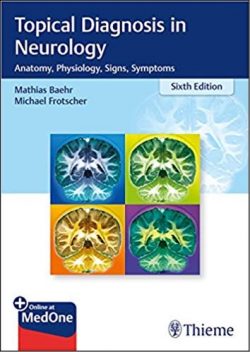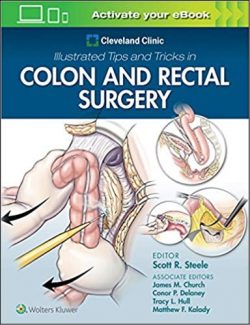This book provides the reader with a range of questions and explanations related to essential aspects of the neural, hormonal and gastrointestinal physiology. The focus of the book is on understanding the homeostatic control in each system by using questions to challenge the reader to think through physiology. In addition, functional integration of the different organ systems is highlighted in an area such as neuroendocrinology and in the study of the neural mechanisms in the gastrointestinal tract.
This is the second Physiology Question-Based Learning book, written by Prof. Dr. Cheng. He has taught physiology for thirty years. He has pioneered the international physiology quiz, which is now an annual event at the University of Malaya in Kuala Lumpur, Malaysia and at universities around the world. As quiz master, he has designed challenging questions to test concepts and understanding in physiology. This book reflects the style of questions asked during the physiology quiz. The questions are designed to stimulate integrative and homeostatic thinking in physiology.
The Physiology Question-Based Learning books will be helpful to all students of Physiology in medicine, dentistry, pharmacy and allied health sciences. This work is written to make physiology learning engaging and enjoyable and to encourage effective teaching in physiology.
Part I Neurophysiology
Introduction: Neural Impulses and Homeostatic Balance
Membrane, Local and Action Potentials
General Sensations and Nociception
Special Sensations
Muscle and Movements
Part II Endocrinology
Introduction: Hormones and Homeostatic Integration
Hypothalamus-Pituitary Hormonal Partners
Thyroid and Parathyroid Glands
Adrenal glands and Pancreas
Male and Female Physiology
Part III Gastrointestinal Physiology
Introduction: You are what you Eat
Motility and Peristalsis
Secretion of Digestive Juices
Digestion of Carbohydrates, Proteins and Fats
Intestinal Absorption
Energy Balance, Metabolism
Part IV Neuro-Endo-Gastrointestinal Physiology
Introduction: Brain-Gut Relationships, Paracrines
Neuro-Endocrinology
Neuro-Gastroenterology
Appendix: Eponyms in Neurophysiology
Bibliography
This book provides the reader with a range of questions and explanations related to essential aspects of the neural, hormonal and gastrointestinal physiology. The focus of the book is on understanding the homeostatic control in each system by using questions to challenge the reader to think through physiology. In addition, functional integration of the different organ systems is highlighted in an area such as neuroendocrinology and in the study of the neural mechanisms in the gastrointestinal tract.
This is the second Physiology Question-Based Learning book, written by Prof. Dr. Cheng. He has taught physiology for thirty years. He has pioneered the international physiology quiz, which is now an annual event at the University of Malaya in Kuala Lumpur, Malaysia and at universities around the world. As quiz master, he has designed challenging questions to test concepts and understanding in physiology. This book reflects the style of questions asked during the physiology quiz. The questions are designed to stimulate integrative and homeostatic thinking in physiology.
The Physiology Question-Based Learning books will be helpful to all students of Physiology in medicine, dentistry, pharmacy and allied health sciences. This work is written to make physiology learning engaging and enjoyable and to encourage effective teaching in physiology.





